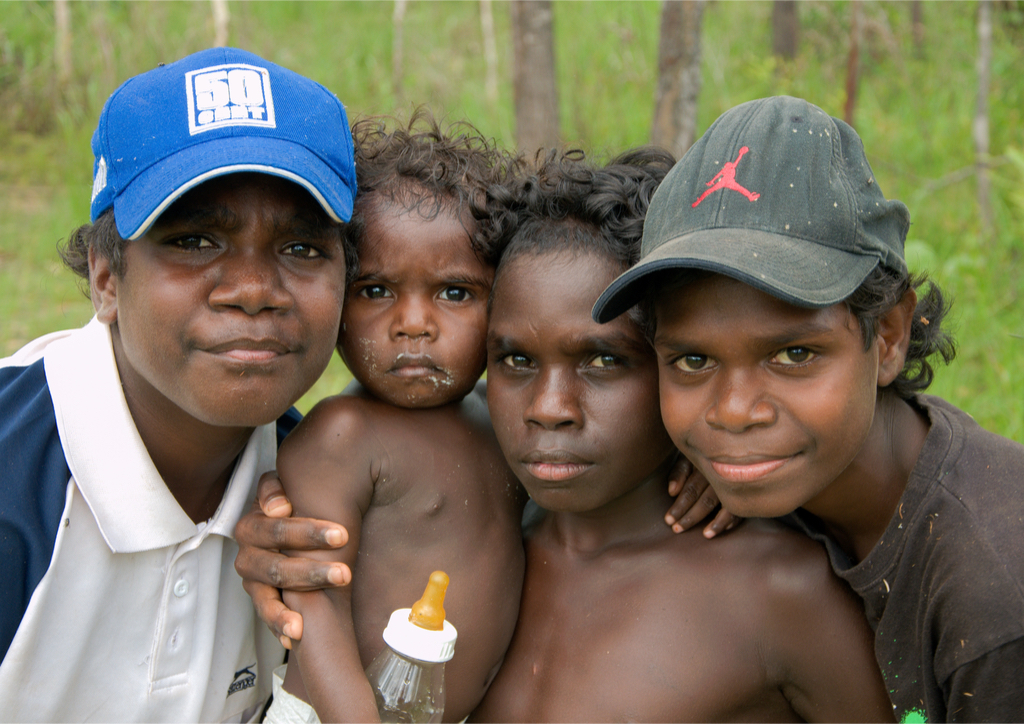NACCHO has welcomed the announcement of $4.5 million to support Aboriginal Medical Services (AMS) in the Kimberley, Pilbara and Goldfields to deliver two programs to improve awareness and access to the NDIS.
This funding is an important step in making sure that Aboriginal and Torres Strait Islander peoples can participate in the NDIS and recognises that Aboriginal Community Controlled Health Organisations (ACCHOs) are critical to the success of the NDIS.
“The government needs to support all ACCHOs to deliver culturally appropriate NDIS services so that Aboriginal and Torres Strait Islander peoples with disability right across the country are not left out,” NACCHO Acting Chair Donnella Mills said.
“Aboriginal and Torres Strait Islander peoples are missing out and the NDIS model needs to be adjusted to ensure equity of access. For Aboriginal and Torres Strait Islanders to fully participate, the solution is found in properly supporting ACCHOs that choose to deliver NDIS services.
“We know that ACCHOs are an essential component of successful delivery of the NDIS to Aboriginal and Torres Strait Islanders. The evidence is clear that Aboriginal and Torres Strait Islanders access services where they feel culturally safe and when supported properly, and ACCHOs are best positioned to meet this need.”
The number of Aboriginal and Torres Strait Islanders living with disabilities is estimated twice the rate of other Australians and nearly half of our Indigenous population over the age of 15 lives with a disability or debilitating long-term health condition.
“Our communities are disproportionately affected by disability and there is a great need for culturally appropriate disability support services close to where our people live,” Mills said.
The National Disability Insurance Scheme (NDIS) commenced in 2013, focusing on supports for approximately 475,000 people with significant and permanent disability.
NACCHO said that improving the wellbeing of people with disability and carers across the nation requires a collaborative response from all levels of government, extending well beyond the NDIS to many other service systems, such as housing, transport, health, justice, and education.
- Gali Blacherhttps://thirdsector.com.au/author/gali-blacherthirdsector-com-au/
- Gali Blacherhttps://thirdsector.com.au/author/gali-blacherthirdsector-com-au/
- Gali Blacherhttps://thirdsector.com.au/author/gali-blacherthirdsector-com-au/
- Gali Blacherhttps://thirdsector.com.au/author/gali-blacherthirdsector-com-au/











